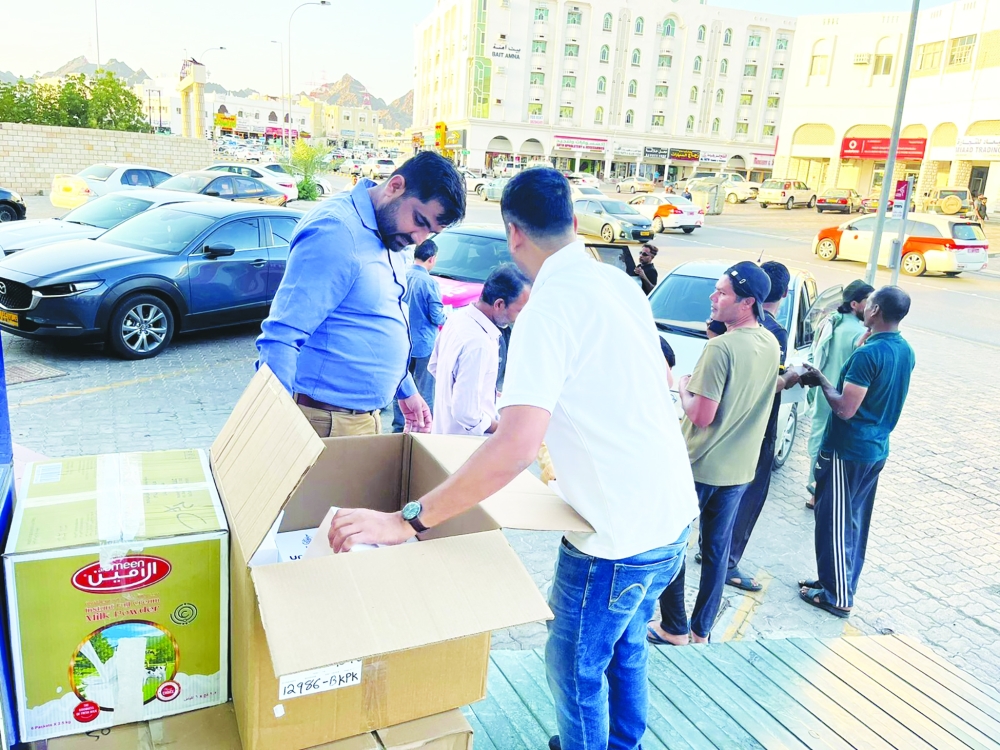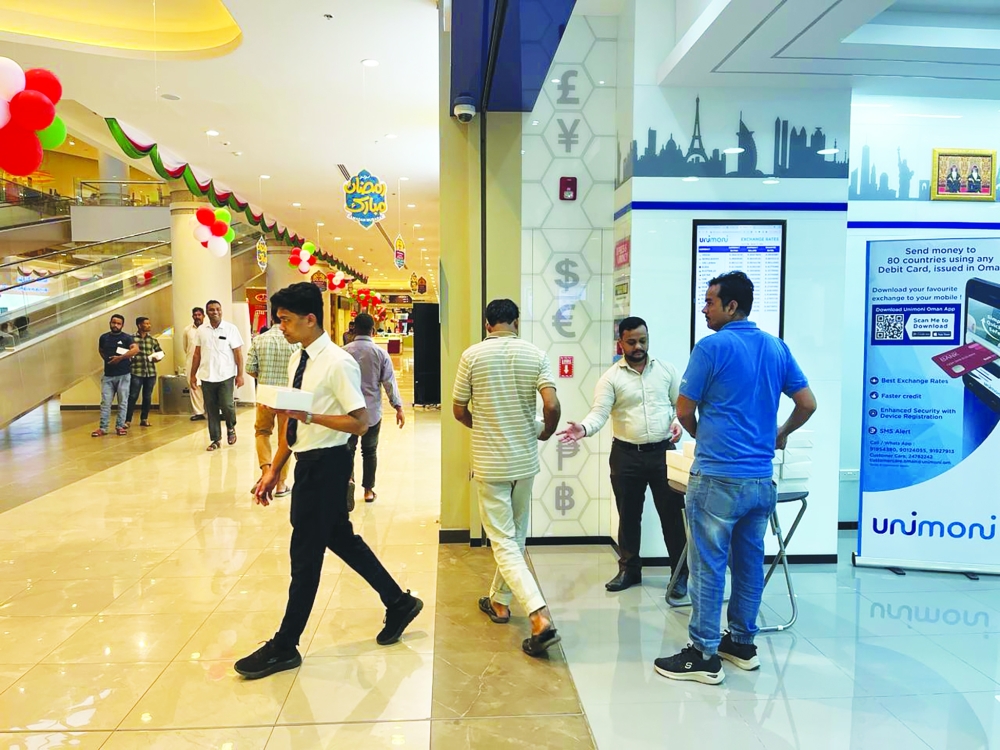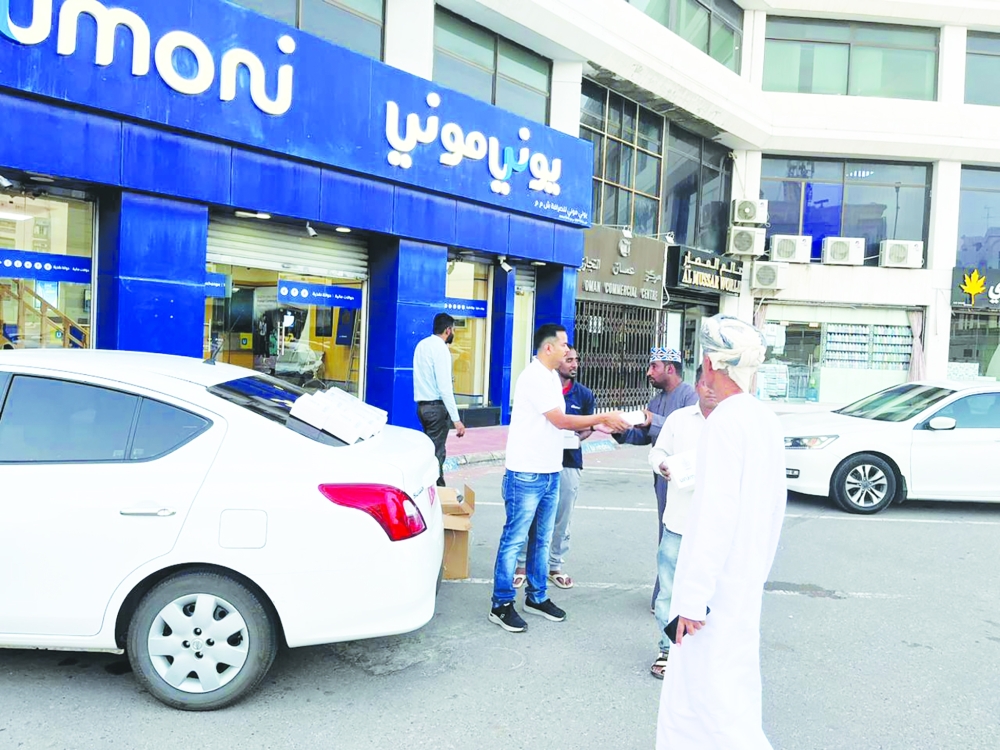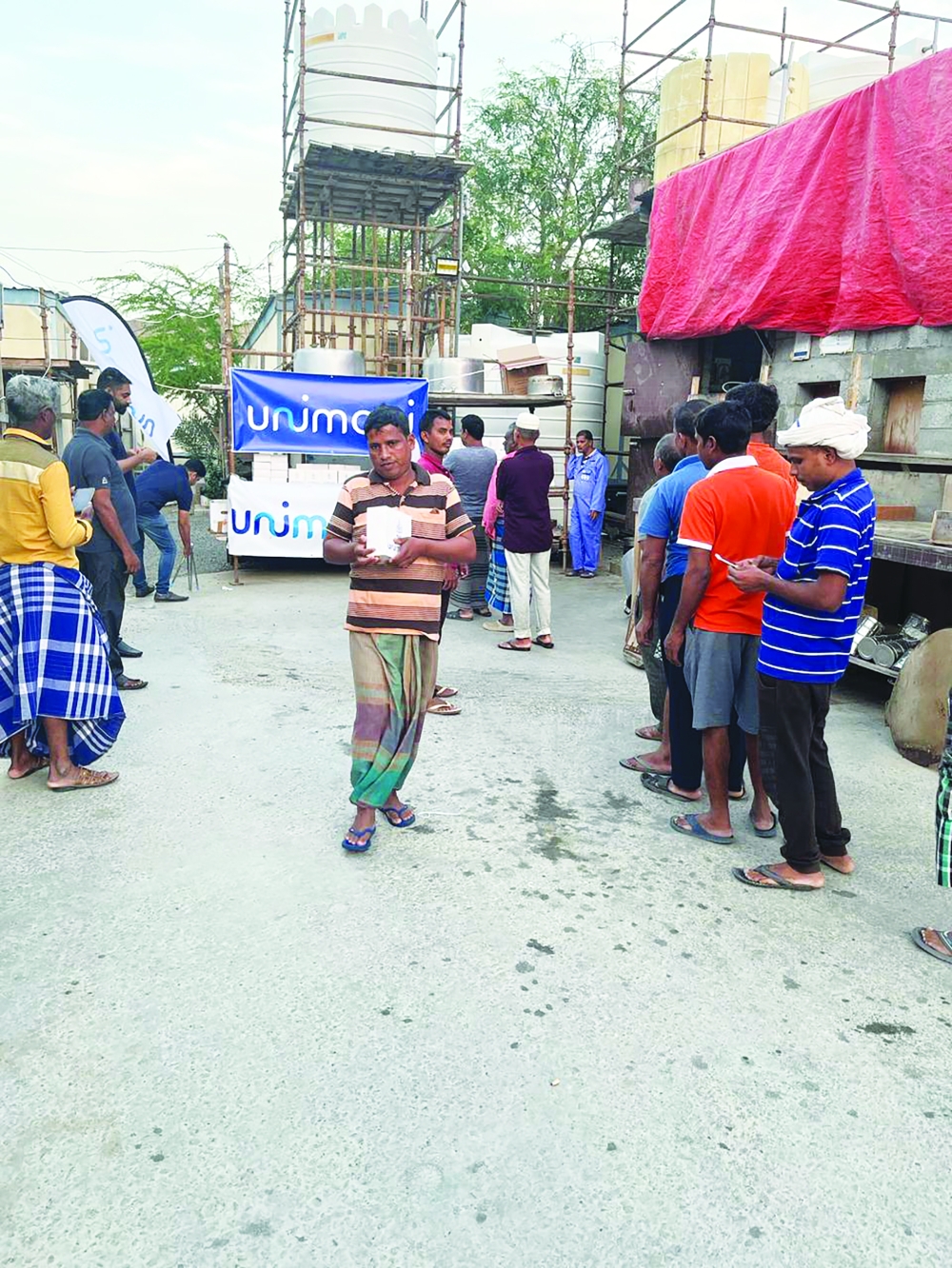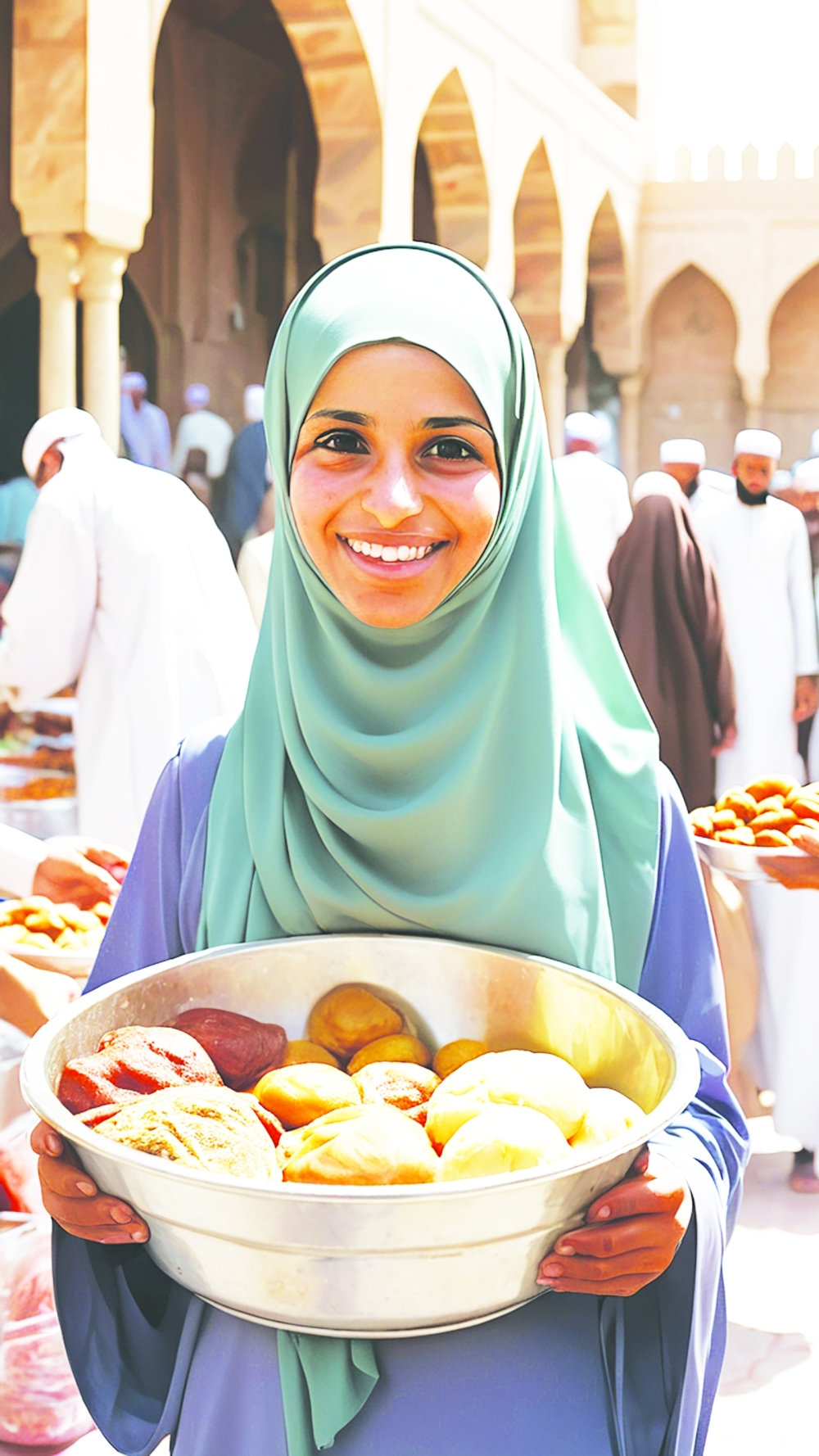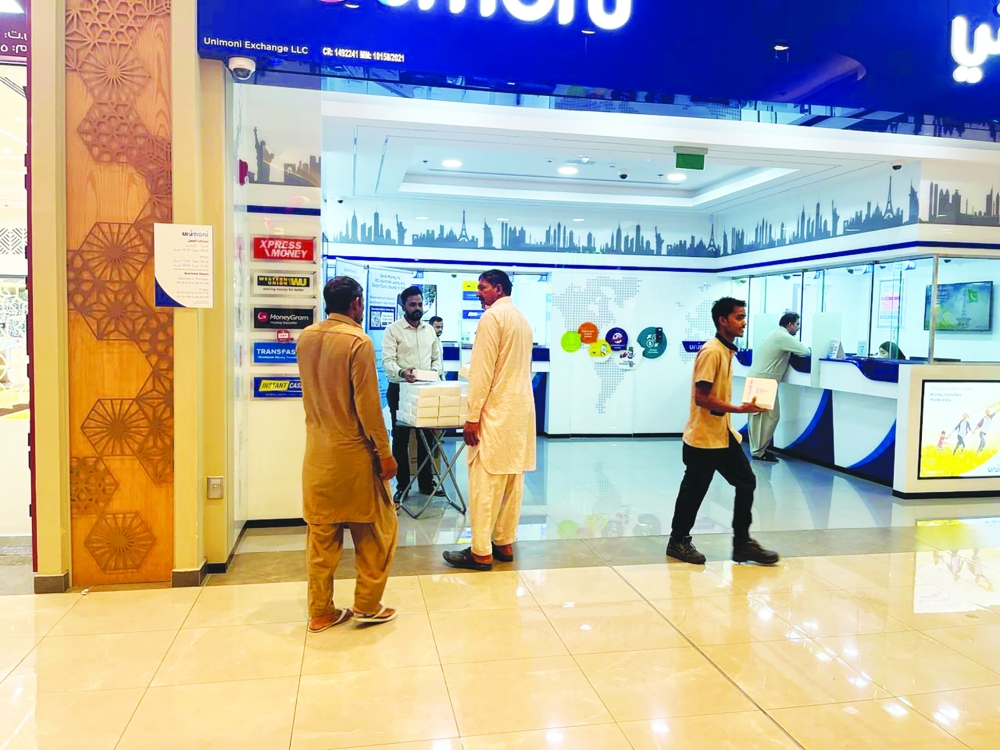

In Islam, the term ‘Giving’ encompasses a multitude of meanings, and it is one of the acts that the religion urges its followers to experience and feel the warmth of, because charity, including Zakat, is one of the most essential parts of Islam's Five Pillars.
According to Islam, the act of giving is not merely a matter of personal choice or generosity; it is a religious obligation, and the holy Qur’an explicitly commands people to give a portion of one’s earnings after keeping the required provision for oneself and one's family.
In the holy Qur'an Surah 70, verse 24-5, it is said that charity is a “recognized right, for the needy and deprived over our wealth and so by giving for the sake of others, a Muslim is fulfilling a duty to those in need and preventing him or her from becoming proud of their own generosity’.
Prophet Mohammed (May peace be Upon Him) said, ‘The best charity is that which is practiced by a wealthy person. And start giving first to your dependents and the upper hand is better than the lower hand’. It means that he who gives in charity is better than him who takes it and that one should start giving first to his dependents.
During the holy month, it is a regular sight that foods and other provisions are generously given to people from different walks of life irrespective of their backgrounds or ethnic origins in and around the cities.
Towards sunset, individuals, corporations, associations, and different organizations and groups of people bring loads of iftar kits to be distributed to the long queues of people who make it a point to be in line for the day’s meal. Such distributions are happening at far-flung places where people are engaged in arduous jobs and other works related to construction and maintenance.
“We distribute, not to mention, nearly 50 to 100 iftar kits as part of our CSR initiatives every day to the people who gather at several areas of the cities,” representatives of Unimoni Exchange, who were seen distributing food kits in Ruwi, told the Observer.
These small yet significant initiatives make a real difference in the lives of many, providing great relief to fasting individuals who are either on the move, away at work, or unable to break their fast on time.
Side by side, the mass iftars and suhoors happening in the country offer another relief for people on the move as they help them complete their fasting on time.
Every day, around sunset, a large number of laborers are seen lining up for their turn to enter the tent and break their fast as the prayer call sounds from the nearby Sultan Qaboos Mosque.
"We provide iftar for many from the iftar tent in Ruwi as part of our CSR, and we allocate a portion of our charity works for such initiatives that support society every year. We are glad that our iftar tent in Ruwi has been well received and has become a stop for those in need," said representatives of Malabar Gold, which has built a tent in downtown Ruwi just to cater to fasting individuals.
Similar food distribution initiatives have been seen in other parts of the city, albeit on a smaller scale, thanks to the efforts of individuals within and outside the capital area, aimed at serving people who are on the move.
"I’m not concerned about whether the receiving person is fasting or not because for a Muslim, giving is most important, not someone's identity," says Abdullah al Ajmi, an Omani national who distributes food from his 4x4 in Rusail Industrial area every day.
Oman Observer is now on the WhatsApp channel. Click here


